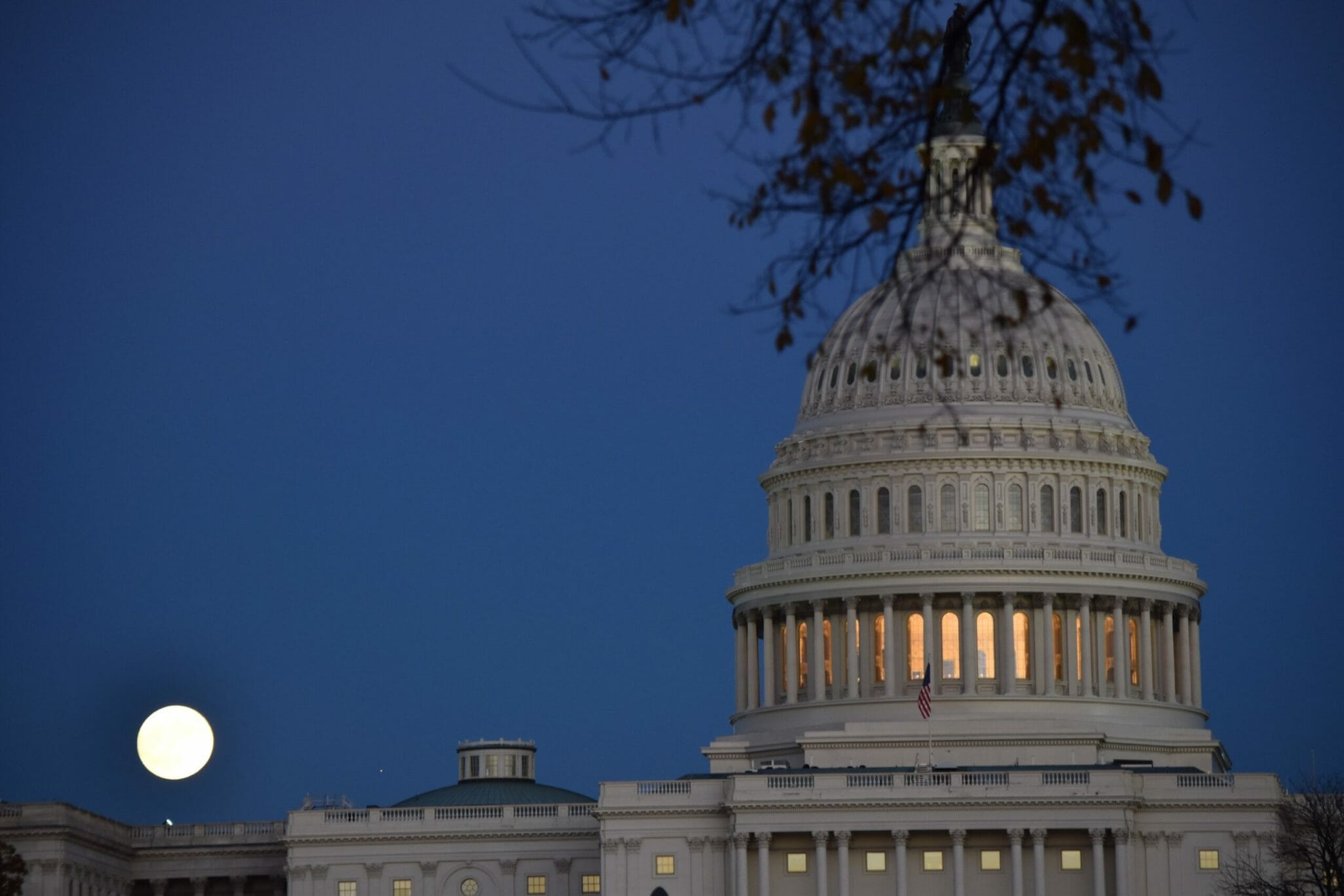Department of Education Giving Rights to those Accused of Sexual Assault
It was reported today that The Department of Education intends to make important changes to broaden the rights of those accused of sexual assault in a university setting. This is the first major improvement addressing the rights of those accused of sexual assault to come from the Executive Branch in years. Although this action is focused on the Department of Education and not the Department of Defense, it could mark an overall attitude shift from the desk of the President and the public.
History of Sexual Assault Special Interest Groups
In the years surrounding the highly publicized claims of sexual assault epidemics in the military, the Obama administration took fierce and decisive steps to curb the rights of military members accused of sexual assault. In the years following, other Departments of the Executive Branch followed suit. Namely, the Department of Education set increasingly stringent requirements on universities to punish allegations of sexual assault.
The problem that surfaced, in both the military and our nations universities, is that the push to punish meant that any case in which an accused was found not guilty appeared to justify an argument that the rights of the accused were too great and the agency was failing to meet its goals to punish. Secretary of Education, Betsy DeVos, previously angered special interest groups when she took an open minded approach to curbing sexual violence in university settings.
Reduction of Rights to those Accused of Sexual Assault in the Military and Universities
In the military, the movement by special interest groups to curb sexual assault resulted in the severe reduction of rights in pretrial hearings, discovery rights during trial, expansion of rape-shield laws, and the complete annihilation of inquiry into the mental health of an accuser.
In the university setting, sexual assault hearings were no more than kangaroo courts. In some cases, the accused wasn’t even allowed to be present. In other cases, they may have a right to be present but were limited from questioning the accuser, or even presenting evidence. Finally, the right to counsel is almost completely foreclosed.
The military was the beginning of the unreasonable approach to sexual assault allegations because of special interest groups and biased media reports that energized certain political leaders. We firmly believe that real efforts need to be made to eradicate sexual assault and to promote a culture of respect and consent. However, the steps taken by many have simply eradicated the rights of those accused to secure more convictions and take more frivolous claims to court.
Special Interest Groups Pay for Sexual Assault Legislation
Special interest groups have focused on agencies that they can strong arm to make changes to how sexual assault cases are handled. Given the tremendous amount of money the Department of Defense needs, it was an easy target for Congressmen to focus on. More recently, universities have been the subject of similar movements. There is control over the universities because any university that accepts money from the Federal government is obligated to adhere to certain preconditions, like Title IX.
Through the power wielded by the special interest groups, congressmen have demanded universities take stronger action against those accused of sexual assault in universities. Given that these proceedings are not truly criminal proceedings, there is wide latitude to deprive the accused person of their rights to due process. This has taken the form, discussed above, of accused not having basic rights to confrontation of their accused, right to information, and right to counsel.
The military has created similar limitations, especially when the matter is outside of a courtroom. They have substantially limited the rights of an accused at a pretrial hearings (Article 32s). An accused has virtually no rights at an Article 15/NJP hearing. Finally, an accused at a discharge board essentially starts with an assumption that they will be discharged unless the can prove their innocence without the right to confront their accuser.
Changes to Sexual Assault Laws to Promote Fairness
We commend the reported changes Secretary DeVos intends to make because they are a reasonable approach to ensuring that no matter how vigorously we fight against sexual assault, our constitutional values place the due process rights of anyone accused of a crime ahead of the desires of special interest groups.
The military is due for new policies and legislation that ensure false claims of sexual assault do not harm military members. That means that there needs to be reasonable changes made to the investigative and pretrial hearing stages to prevent meritless cases from ruining the careers of the accused through the investigative process. The year or more many cases take to get to trial is enough to ruin the career of any good military member, even if they are ultimately acquitted at trial.







National Military Law Experts